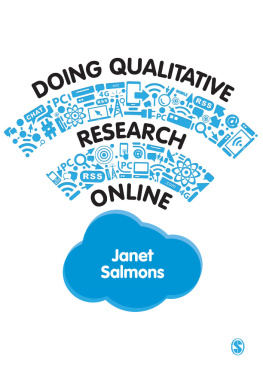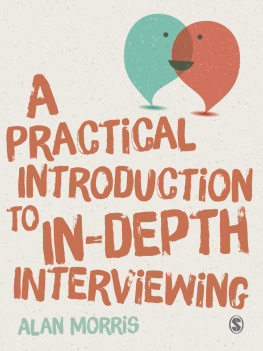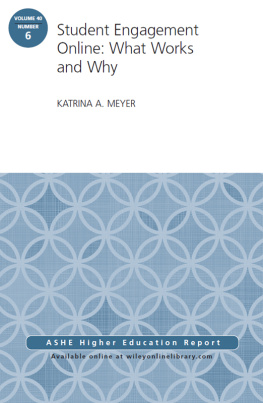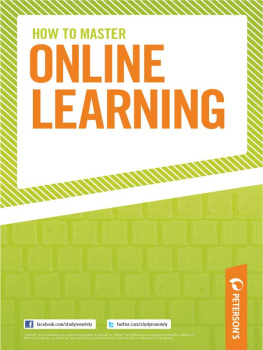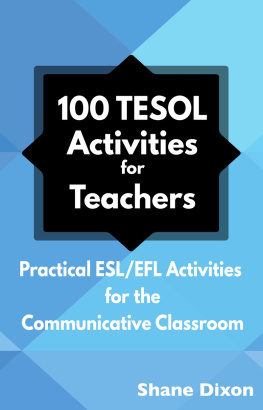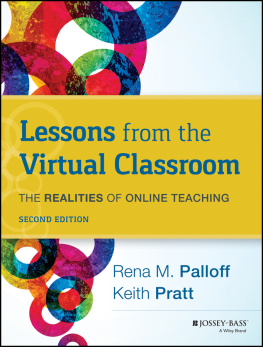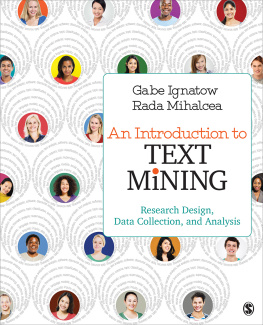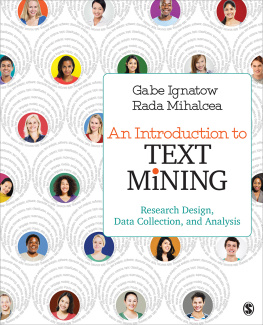Online Interviewing
Online Interviewing
Nalita James and Hugh Busher

Nalita James and Hugh Busher 2009
First published 2009
Apart from any fair dealing for the purposes of research or private study, or criticism or review, as permitted under the Copyright, Designs and Patents Act, 1988, this publication may be reproduced, stored or transmitted in any form, or by any means, only with the prior permission in writing of the publishers, or in the case of reprographic reproduction, in accordance with the terms of licences issued by the Copyright Licensing Agency. Enquiries concerning reproduction outside those terms should be sent to the publishers.
SAGE Publications Ltd
1 Olivers Yard
55 City Road
London EC1Y 1SP
SAGE Publications Inc.
2455 Teller Road
Thousand Oaks, California 91320
SAGE Publications India Pvt Ltd
B 1/I 1 Mohan Cooperative Industrial Area
Mathura Road, New Delhi 110 044
India
SAGE Publications Asia-Pacific Pte Ltd
33 Pekin Street #02-01
Far East Square
Singapore 048763
Library of Congress Control Number 2008943692
British Library Cataloguing in Publication data
A catalogue record for this book is available
from the British Library
ISBN 978-1-4129-4531-8
ISBN 978-1-4129-4532-5 (pbk)
Typeset by C&M Digitals (P) Ltd, Chennai, India
Printed in India at Replika Press, Pvt Ltd
Printed on paper from sustainable resources
Contents
About the Authors
Dr Nalita James is lecturer in Employment Studies in the Centre for Labour Market Studies, University of Leicester. Her methodological research interests in the use of the Internet in qualitative research stemmed from her doctoral research that examined academics workplace learning and communities of practice using email interviews. She has recently published in this area in the International Journal of Research and Method in Education and Qualitative Research (with Hugh Busher) and the British Educational Research Journal. She is currently developing research with Hugh Busher to further explore the methodological capacities of the Internet. She is also currently researching and writing about the impact of creativity on young adults learning transitions as well as creative professionals workplace learning.
Dr Hugh Busher is a senior lecturer in the School of Education, University of Leicester. He was, until 2005, Coordinator of a British Educational Research Association (BERA) Special Interest Group (SIG) on Leading and Managing Schools and Colleges and a member of BERA Council. He was until recently co-editor of the journal Improving Schools published by SAGE Publications. He has had extensive experience of teaching in secondary schools and in universities. Long-standing areas of research interest focus on critical perspectives on the processes of schools and other educational organisations:
- students and the construction of equity, values and social justice in education;
- leadership, power and change processes in educational organisations, especially schools;
- the construction of professional development and identity by teachers and other staff in schools;
- the interaction of policy and community contexts with the micro-political processes of teaching, learning and decision-making in schools.
He has been involved in a number of research projects since 2000. These focused on the work of support staff and teachers in secondary schools; on the construction by teachers of their professional identities and practice; and on the impact of teachers activities (and the educational values and pedagogic views these reflect) on other staff and on students. The projects include: Evaluating IQEA in Nottinghamshire, Nottinghamshire County Council, (2002); Being and Becoming Middle Leaders in Secondary Schools: How Some Middle Leaders in Secondary Schools Construct Their Work Related Identities and Influence Decision-making (20023); Case studies in Inclusion and Engagement in Schools in Beirut (20057). His most recent book was Understanding Educational Leadership: People, Power and Culture (Open University Press, 2006).
Acknowledgements
To some extent, this book began back in 1998 when Nalita commenced her doctoral research, which examined academics workplace learning and communities of practice. Her participants were geographically dispersed and she could not afford the travel costs to visit them onsite at the various higher education institutions they were located at. At the same time she came across a journal article by Selwyn and Robson (1998) about the Internet and email interviewing and she realised that this virtual arena could offer exciting possibilities for her research design. So, she would like to thank Selwyn and Robson, and all the participants who took part in the email interviews. They invested time and commitment to those interviews and provided some rich and insightful reflections on the process of engaging in online research, and many of their comments are included in this book.
About the same time, Hugh was becoming interested in the possibilities of involving his many doctoral students in research about their experiences of trying to negotiate entry to the academy, building on the work of Bourdieu, Passeron and St Martin (1994). Unlike the French researchers students who were all conveniently located in one accessible place in Paris, his were scattered throughout Europe and the Middle East, mainly in Lebanon. Their willingness to engage in playing with online interviewing to learn about a potential new approach to qualitative research methods opened a lot of windows from which this book, in part, arose.
So this book is a joint venture and we would like to acknowledge the invaluable support of the other in bringing it to fruition. In an interestingly postmodern way, without the creativity of the other this text would probably not have emerged, at least in the form that it has. In writing this book we have had many interesting discussions about the virtual world and its epistemological, ethical and methodological possibilities and challenges. Such discussions have inspired us to continue to research and write about the Internet and online research.
Finally, we would like to thank Patrick Brindle for taking an interest in our work at the Sixth International Conference on Social Science held at the University of Amsterdam in 2004 and encouraging us to submit a book proposal, as well as providing invaluable support and advice about the construction of this book.
Nalita James and Hugh Busher
Introduction
Online research methods are increasingly being taught on mainstream courses, particularly to Social Science students at masters and doctoral level. This often builds on the experiences of researchers who have used online research for quantitative surveys and questionnaires through tools such as email, websites and software packages. However researchers are now increasingly using the Internet as a vehicle for qualitative online research. In this they are adapting a range of familiar qualitative research methods tools, such as different types of interviews, to engage with participants across different time zones and places at times convenient to them without the considerable costs involved in travelling. This innovative approach remains at present theoretically underdeveloped.
Next page

